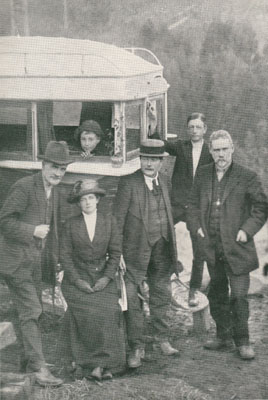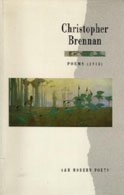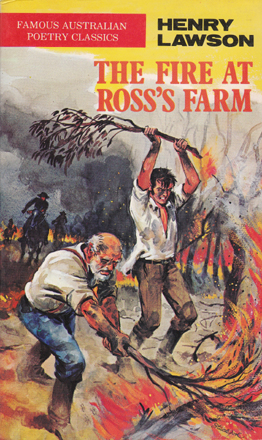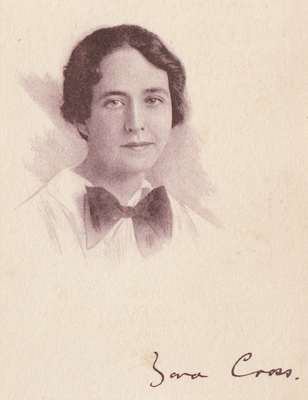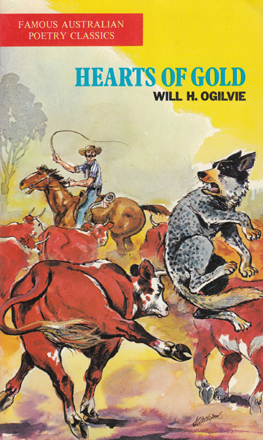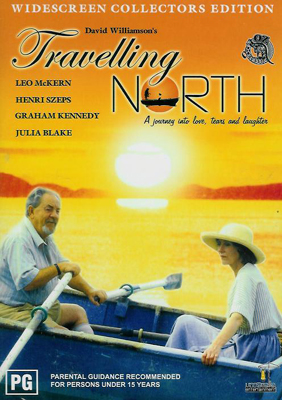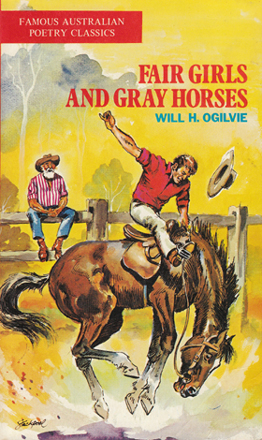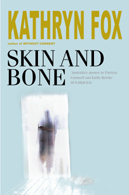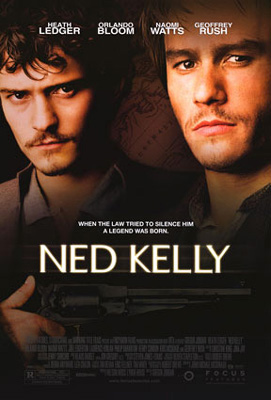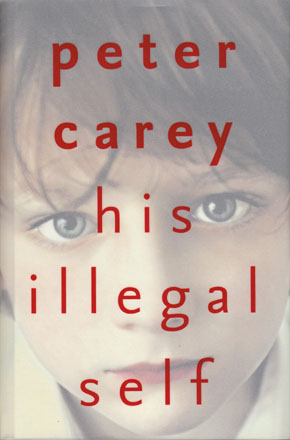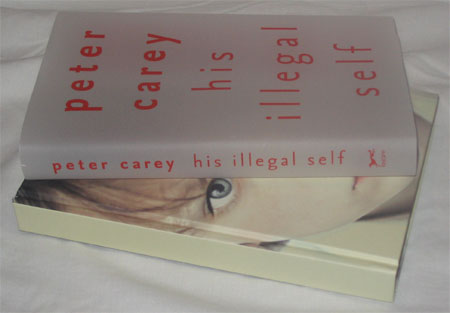Whatever may be said of Barcroft Boake as a poet, he has extraordinary claims to picturesqueness. His short, melancholy life is a story in itself. His poetic career was so brief that it places him more in the category of might have been than of established reputation. And yet, as one reads his sometimes truly poetic lines, one sorrows that he did not live longer to complete the greater work that was in him.
There were foundations of greatness in Boake and his poetry. If it be necessary for a poet to be melancholy, he had more than his fair share of melancholia. He resembles Gordon in appearance, mode of life and death. Gordon ended things with a gun. Poor Boake found life so unattractive at the age of 26 that he hanged himself with a stockwhip. Both chose the seashore as the venue.
We remember Barcroft Boake best by his melancholy poem "Where the Dead Men Lie." It is a gripping and heartrending thing rising to great heights of feeling. Cheerful people may think that it were better left unwritten, but the Never-Never and its tragedy has a right to be made articulate, and Boake did it incomparably well.
Out on the wastes of the Never Never -
That's where the dead men lie!
There where the heat-waves dance forever -
That's where the dead men lie!
That's where the Earth's loved sons are keeping
Endless tryst: not the west wind sweeping
Feverish pinions can wake their sleeping -
Out where the dead men lie!
Barcroft Boake was a man with no vices. He had courage, generosity, affection and simplicity. Possibly he had too much affection for it was a love affair gone wrong which gave the final impetus to the urge which took him and his stockwhip to the shame of Long Bay and to the end of life.
One of his final messages to his father was "Write to Miss McKeahnie." A few days before that he had received a letter. After he had read it he said to one of his sisters. "I have had rather a knock today. I hear that my best girl is going to be married." It was unusual for him to say so much, and, as he was then in a deep state of melancholia, the anxiety of his family about him increased.
Barcroft Boake was born on March 26, 1866, in Sydney. At nine he was taken by a friend of the family to Noumea, where he remained two years.
He developed into a sturdy boy, a strong swimmer and boatman, and a good tennis player. Probably he is the only one of our early poets who played that game.
After a public school education, during which he displayed no unusual ability, he became a draughtsman and subsequently field assistant to a surveyor at Adaminaby, in the Monaro country of New South Wales, under the shadow of Kosciusko.
He did not grow up a strong man. He was a terrific smoker, and he possessed a slow-beating heart. So long as he was engaged in violent exercise he was happy and gay, but ease only drove him to melancholia. He lacked initiative unless something fired his imagination, and then he almost needed restraint.
The end of his country jobs saw him back in Sydney, unemployed and depressed. His most sympathetic biographer, Mr A. G. Stephens, says that he would sit for hours with his head down smoking his pipe eternally and speaking to nobody.
Boake was more a natural poet than a cultured literary man. Some of his letters are carelessly written. His verse seems to have come out of him willy nilly, because it had to. And yet he could, when he liked to make the effort, write excellent prose.
Possibly it was a mock hanging at Adaminaby in which he nearly lost his life, which suggested the real one that caused his end. With some other young men he was larking and he and another declared that they would hang themselves. Boake tied a slip knot round his neck and fixed it to the gamble with which slaughtered sheep were raised. The skip knot closed and nearly choked him, and he lost consciousness.
He left the surveying job to become a boundary rider at Narromine. He loved the outdoor life so much that he and two others presently took their horses and rode up to Queensland, where they went droving. After a trip with cattle to Sydney he took service with a surveyor again in the Riverina.
It was there that he wrote many of his rhymes and achieved public notice. The job ending he returned to Sydney to his people. There intense melancholia gripped him.
Things had gone badly with the family. His father's business had failed, and the home was, for that reason, not quite as happy as it might have been. Barcroft could get no work, and that made matters worse.
And so we lost him just when he was of an age to do great things.
First published in The Herald, 21 July 1934
